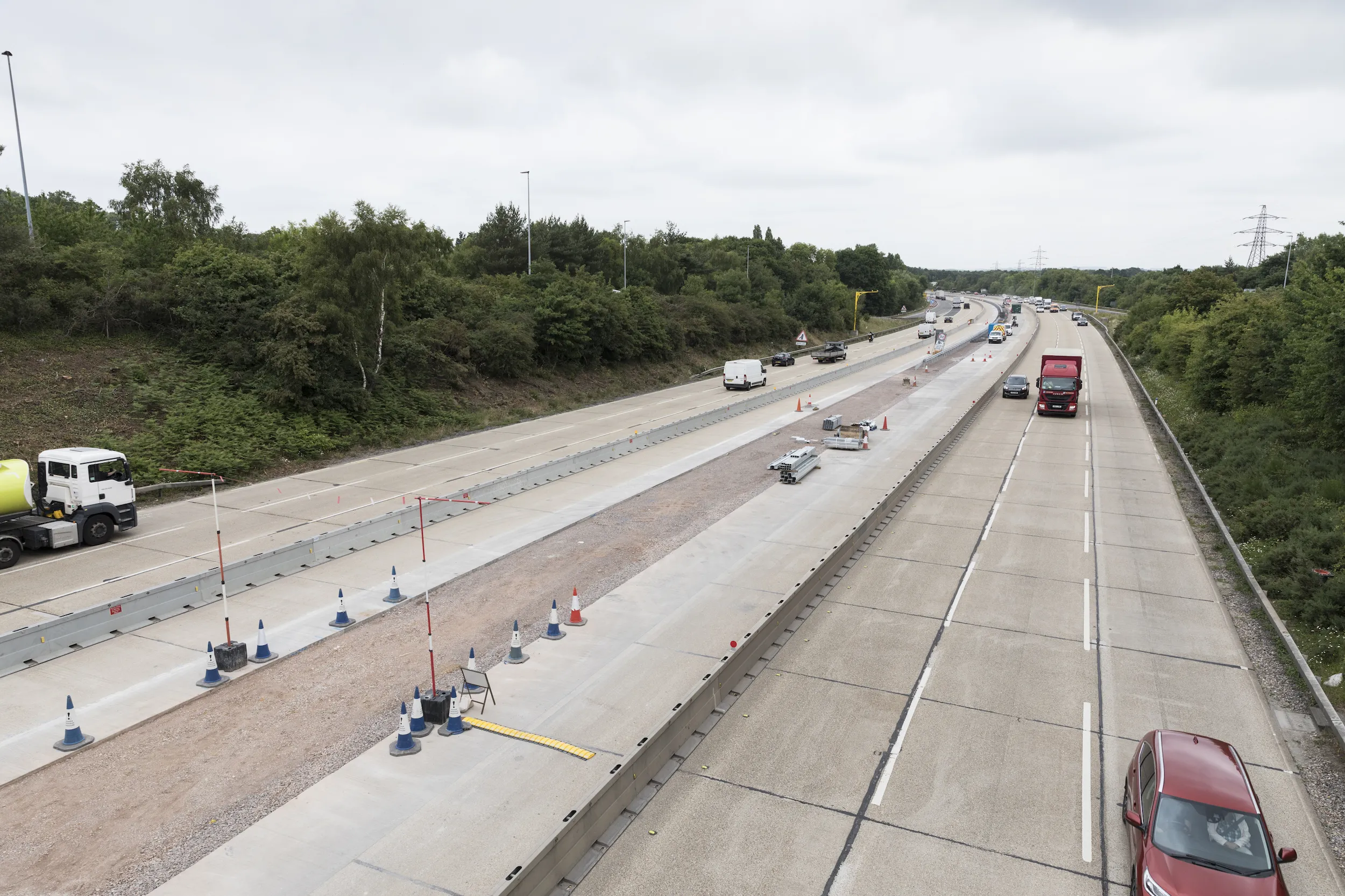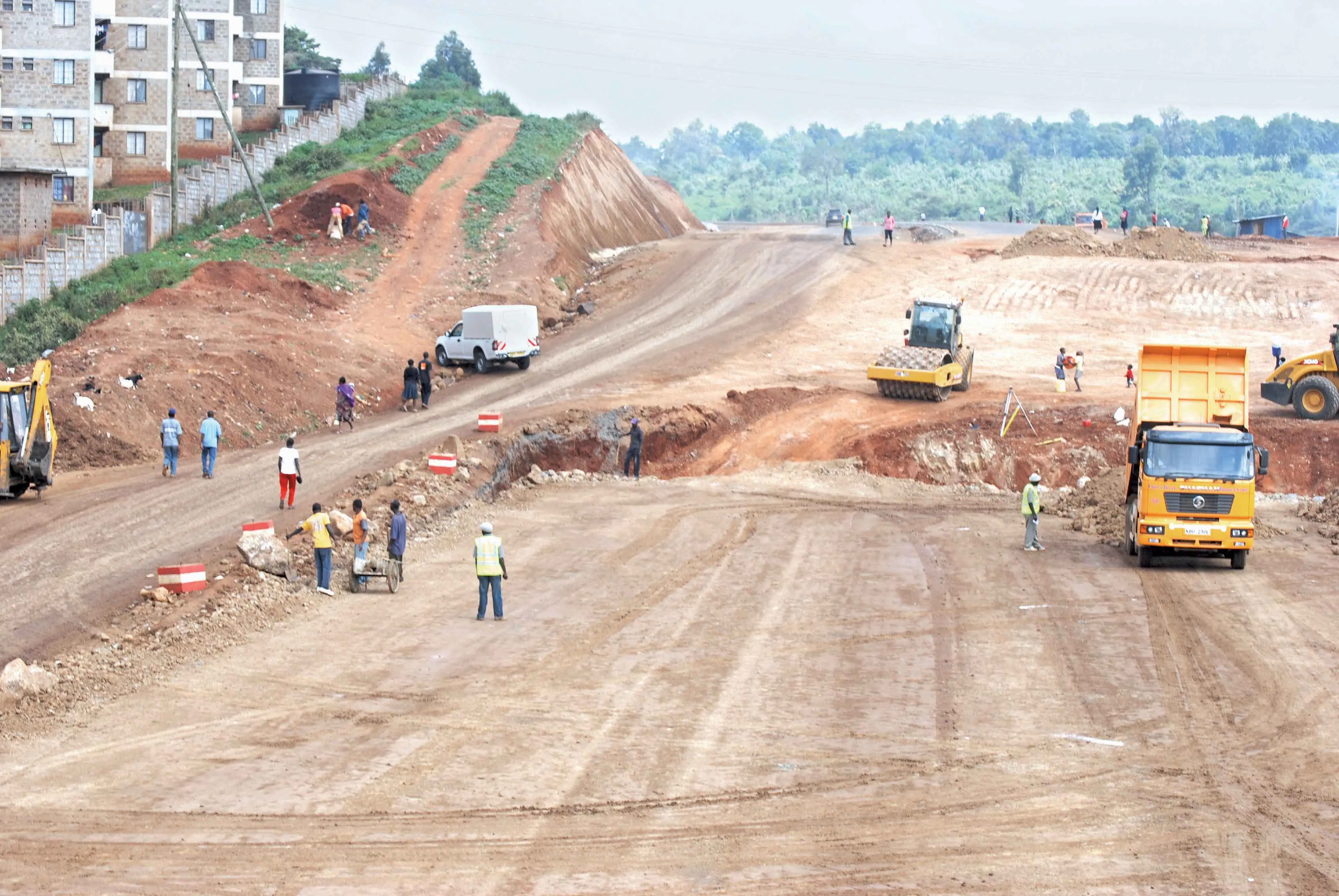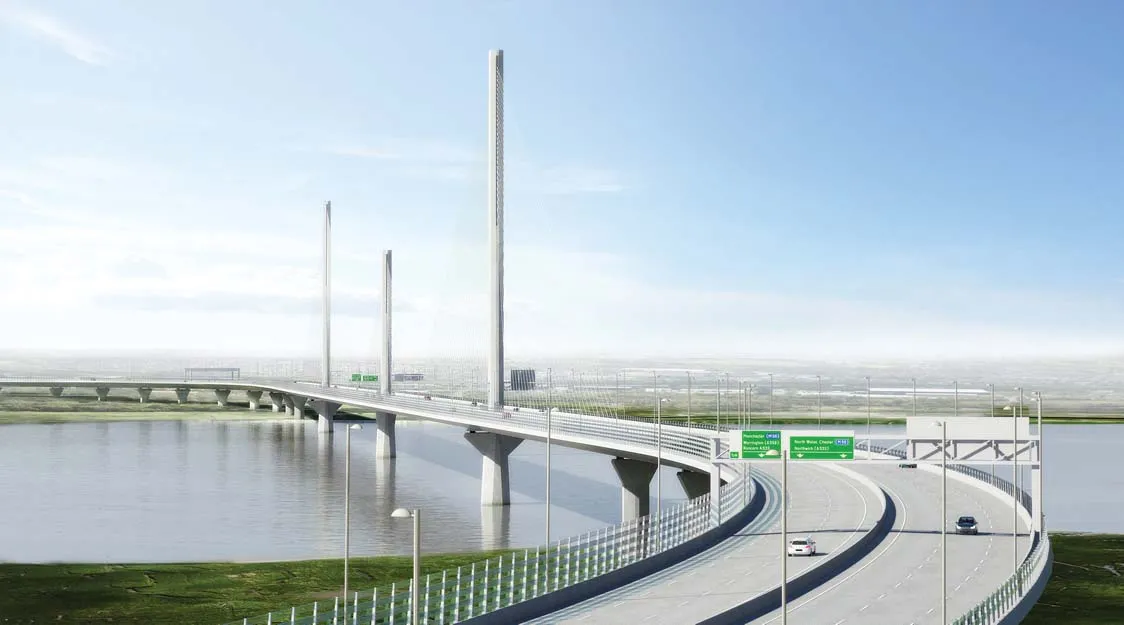
Nottingham-based civil and electrical engineering firm McCann is working on a major contract for Highways England. The work is for the £244 million smart motorway project between junctions 4-11 of the M27.
The scheme will deliver sophisticated smart motorway technology to the major route along England’s south coast. This will help to improve road safety, cut congestion and reduce travel times between Southampton and Portsmouth, two of Hampshire’s busiest and largest cities.
Works started on the scheme in January 2019. Meanwhile, McCann started its work on the project in April 2020. The firm is installing and upgrading motorway communications systems, street lighting and traffic signage as part of the Bam Nuttall Morgan Sindall Joint Venture (BMJV).
The M27 falls within Highways England’s Area 3 Asset Support Contract and the South East Regional Control Centre. It not only connects Southampton and Portsmouth, but provides quick links to the M3 at junction 4 - with access to Winchester and Basingstoke.
As well as congestion and travel time improvements, Highways England has identified several additional benefits from the scheme including facilitating economic growth through increased motorway capacity and where possible, enhancing the local environment while reducing the scheme's impact on the environment.
The 25km stretch will be widened to four lanes with changes to junction slip roads as well as new CCTV cameras, electronic information signs and signals, emergency areas and the hardening of the central reservation. McCann is working on the scheme until March 2021 to install all necessary communications and signage, as well as LED street lighting to improve road safety alongside associated infrastructure.









